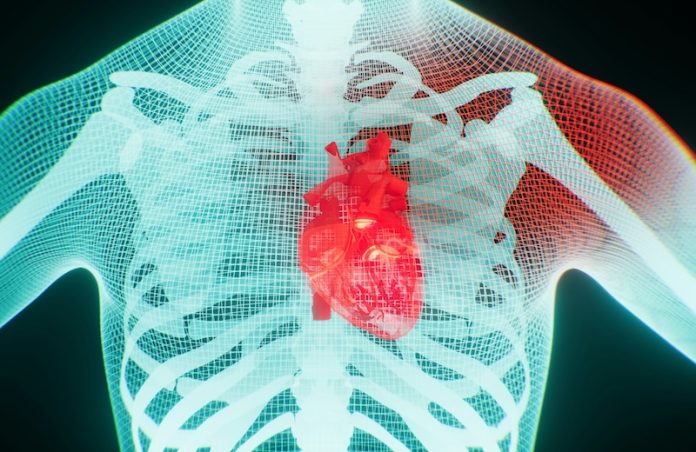
Cholesterol is a waxy substance in your blood that helps your body build cells and produce certain hormones.
While cholesterol is essential for your health, too much of it can lead to serious problems, including heart disease and stroke.
If your cholesterol levels are too high, your doctor may recommend cholesterol-lowering medications.
These medicines can be highly effective, but many people have questions about how they work, their safety, and whether they’re truly necessary. Let’s look at the facts.
The most commonly prescribed cholesterol medications are statins. Statins work by blocking an enzyme in the liver that your body uses to make cholesterol. This lowers the amount of cholesterol in your blood, particularly low-density lipoprotein (LDL), often called “bad cholesterol.”
High LDL cholesterol is a major contributor to plaque buildup in arteries, which can lead to heart attacks or strokes. Research has consistently shown that statins reduce the risk of these events.
A large study published in The Lancet found that people taking statins had a 25% lower risk of heart attacks and strokes compared to those who didn’t take them.
One of the main benefits of statins is their ability to work for people with or without a history of heart disease. For those who already have heart disease, statins can prevent further complications.
For others with high cholesterol but no history of heart problems, they can act as a preventive measure.
This was confirmed in a study from the Journal of the American Medical Association, which showed that statins reduced the risk of cardiovascular problems even in people who had no previous heart-related issues but had elevated cholesterol levels.
Another type of cholesterol-lowering medication is ezetimibe, which works differently from statins. Instead of blocking cholesterol production in the liver, ezetimibe reduces the absorption of cholesterol from food in your digestive system.
It is often prescribed alongside statins for people who need extra help lowering their cholesterol levels. A study in The New England Journal of Medicine found that combining ezetimibe with a statin led to greater reductions in LDL cholesterol and a lower risk of heart disease than using a statin alone.
For people who cannot tolerate statins due to side effects like muscle pain, alternative medications are available. PCSK9 inhibitors, for example, are a newer class of drugs that help the liver remove LDL cholesterol more effectively.
These are typically given as injections and have been shown in studies, such as one published in Circulation, to significantly lower LDL cholesterol and reduce the risk of heart attacks.
While cholesterol medications can be life-saving, they’re not a cure-all. They work best when combined with a heart-healthy lifestyle. Eating a balanced diet rich in fruits, vegetables, whole grains, and lean proteins can naturally help lower cholesterol.
Regular physical activity, maintaining a healthy weight, and avoiding smoking are also key factors in keeping your cholesterol in check.
Some people worry about the long-term safety of cholesterol medications, especially statins. While side effects like muscle pain, digestive issues, and, in rare cases, liver damage are possible, the benefits of these medications usually outweigh the risks.
Doctors carefully monitor patients on cholesterol medications to ensure their safety and adjust treatment if side effects occur.
It’s important to understand that high cholesterol often has no symptoms, which is why it’s called a “silent” condition. Many people don’t realize they have high cholesterol until they experience a serious health problem like a heart attack.
That’s why regular check-ups and cholesterol tests are essential, especially as you age or if you have risk factors like a family history of heart disease, diabetes, or high blood pressure.
Cholesterol medications aren’t one-size-fits-all. Your doctor will consider your overall health, cholesterol levels, and risk factors before recommending the best treatment for you.
If you’re prescribed cholesterol medication, it’s crucial to take it as directed and not stop without consulting your doctor, even if you feel fine.
In summary, cholesterol-lowering medications like statins, ezetimibe, and PCSK9 inhibitors are powerful tools in preventing heart disease and stroke.
While lifestyle changes remain the foundation of cholesterol management, these medications can provide essential support for many people. By working closely with your doctor and staying informed, you can make the best choices for your heart health and live a longer, healthier life.
If you care about heart disease, please read studies that herbal supplements could harm your heart rhythm, and how eating eggs can help reduce heart disease risk.
For more health information, please see recent studies that apple juice could benefit your heart health, and results showing yogurt may help lower the death risks in heart disease.
Copyright © 2025 Knowridge Science Report. All rights reserved.



